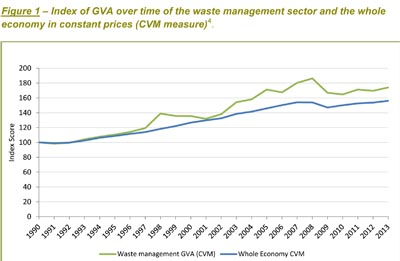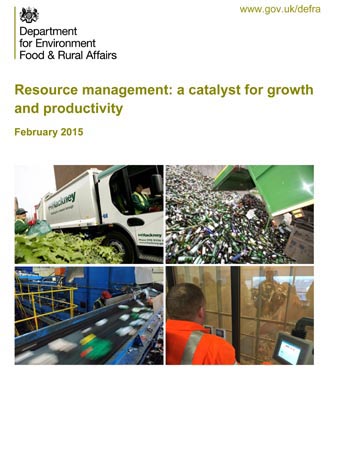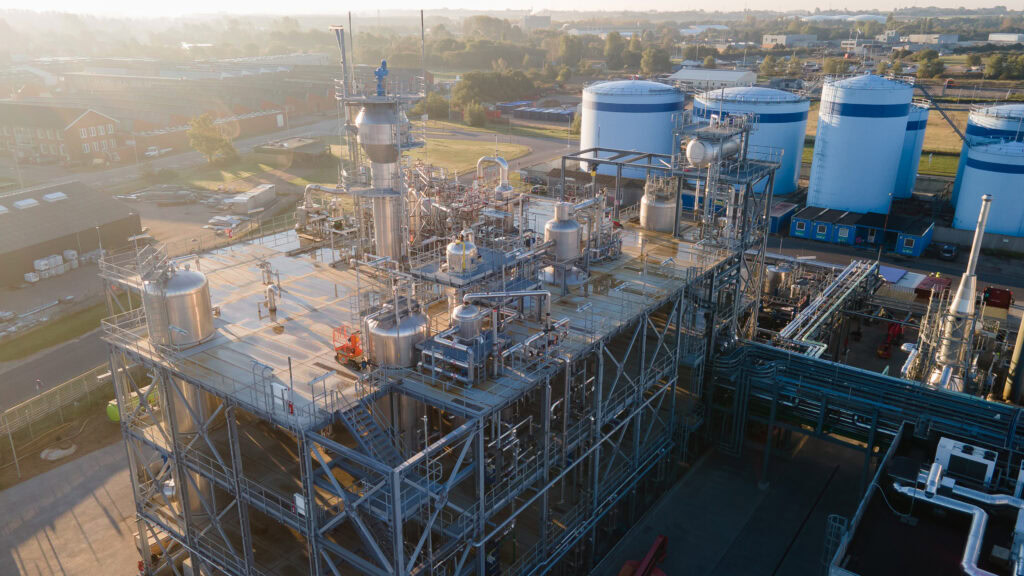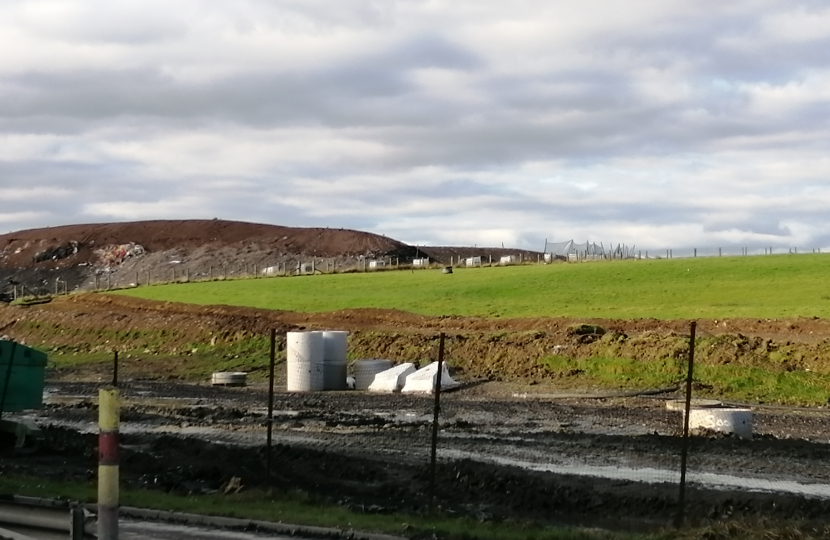And, efficiencies are increasing with council waste collection costs per household down 5.7%.

The study, ‘Resource management: a catalyst for growth and productivity’ considers the past and potential future contribution of the waste and recycling sector to wider economic growth across three themes:
1. Extracting greater value from waste;
2. Increasing resource efficiency; and,
3. Increasing the export of goods and services.
Produced as part of the government’s work on ways to drive economic growth, reduce the deficit and increase UK exports, the Department for Environment, Food & Rural Affairs (Defra) explained the themes had been chosen as they represented “opportunities to increase production or productivity which are important determinants of growth both in the short and long term”.
[testimonial id = “173” align=”right”]
Resource management minister Dan Rogerson said: “The UK waste and resource management sector already makes a significant contribution to the economy, and this research shows there are even more opportunities out there. By building on this success and exporting our knowledge and expertise we can lead the way in new markets.
“This analysis also shows there is a massive opportunity for businesses to make money from repairing, re-using and remanufacturing equipment to extend the life of products. Using our resources more carefully is not only good for the environment, it’s also vital to build a stronger economy.”
Value
The report reckons that the core waste sector generated £6.8bn in gross value added (GVA) and supported 103,000 jobs in 2013. And,it states: “Broadening the definition to include repair, re-use and leasing activity that help extend the life of products, the contribution to the economy could be much greater. Data for 2013 suggests it could have been as high as £41bn to approximate GVA and 672,000 jobs, with £18.9bn of this being generated in the automotive sector, but it is difficult to determine exactly how much of this directly relates to activity that extends the life of products and reduces waste.”
This is thought to be one of the first times that Defra has linked waste and recycling in a detailed way with the automotive sector although it becomes more relevant in terms of assessing the circular economy as a whole.
The research finds that the waste industry adds “a lot more value than comparable extractive industries in the UK. In current price terms in 2012, the waste industry added almost £41 of GVA for each tonne it treated
compared to the ‘other mining and quarrying’ sector which adds £16 for each tonne it produces. The difference is perhaps not surprising, given the waste industry is delivering a service by removing waste as well as generating new raw materials (which are approximately comparable to materials generated by the ‘other mining and quarrying’ sector.”
Value is also generated, says Defra, through energy recovery. By 2020 it predicts that this will be worth £330m with 893 MW generated from residual waste treatment and 272 MW from AD projects.
Local authorities
The costs of managing local authority waste have fallen and the activitiy has become more efficient, the study finds. It claims that in constant prices and excluding landfill tax, the cost fell by 3.5%.

Taking into account the growing number of UK households this resulted in the cost per household, excluding landfill tax, falling by 5.7%. As both these figures exclude landfill tax they do not directly reflect changes to the bills faced by businesses and households, but they demonstrate the efficiencies that have been made, and without them, bills are likely to have been higher.
The study confirms the importance of export markets for recyclable materials. It points out that the “domestic reprocessing sector is not large enough to use up all of the materials recovered in the UK” and goes on to say that “in 2013, the UK exported 13 million tonnes of key recovered materials (metals, paper, plastics, and textiles) worth £4.35bn. This accounted for 8% by weight of all UK exports of goods, supporting economic activity in the shipping and ports sector and providing a source of revenue for vessels that might otherwise be leaving the UK empty. Given the UK imports relatively few recovered materials (0.8 million tonnes), the direct net positive contribution to the UK trade balance is worth £3.9bn.”
The export market for waste goods and services is highlighted in the study with Defra emphasising how increasing UK exports is part of the government’s aims.
It says: “UK expertise appears well matched to these growth opportunities. The UK already exports a range of waste goods and services with provisional estimates suggesting these to be worth several hundreds of millions of pounds. With UK expertise in policy and strategy development, civil engineering, landfill remediation and management and our recent advances in anaerobic digestion and mixed recycling sorting technologies there would appear to be a good match between UK capability and global opportunities. Increasing UK exports further is part of the 2020 export drive, a partnership between Government and Business.”
Now, the study is set to be discussed at industry meetings later this month and Defra is also proposing to work with key sector bodies to take some of the ideas forward.











Subscribe for free